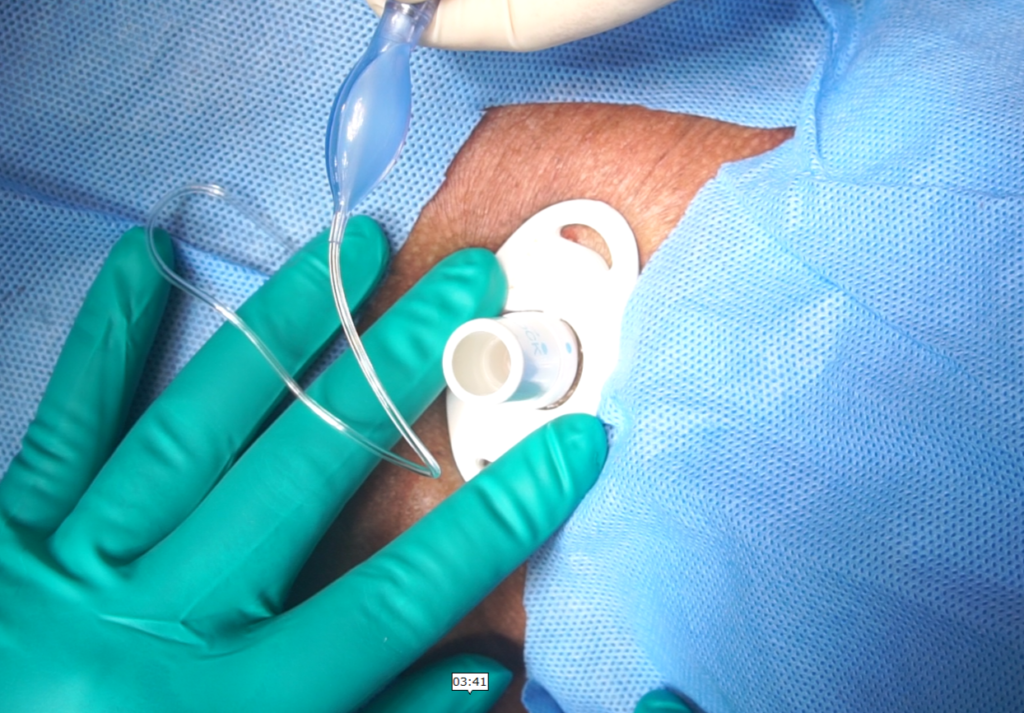This blog discusses the preparation needed prior to a tracheostomy procedure.
In this previous blog, an overview of the tracheostomy procedure and the reasons or indications for it was discussed. done. In this current blog, I will discuss how the patient is being prepared for surgery.

These preparations will be discussed in the context where the tracheostomy is done on an elective, and not on an emergency basis, and is done a solitary procedure, and not in conjunction with any other procedure, i.e. such as in the case of an ICU patient with difficulty of weaning from a ventilator.
Preparation for a tracheostomy starts when the patient is initially referred to head and neck surgeon for the procedure. Your ENT doctor will ask and assess the following before doing the surgery:
1) Intake of anti-clotting medications such as aspirin or clopidogrel
These medications are discontinued a few days prior to the procedure, or shifted to IV medications with shorter duration of action, especially if the patient is deemed to at high risk for clot formation. Your ENT doctor and neck surgeon and the whole medical team will also discuss the proper timing of bringing back of antiplatelet treatment. This ensures that we strike the balance of heart or brain protection against stoke or heart attack with the use of anti-clotting medications and risk of bleeding as complications of medication use.
2) Neck assessment
Assessing the neck is important for surgical planning. Although a tracheostomy is a rather simple procedure, complications such as bleeding may arise when the surgeon is not ready for the presence of a neck mass obstructing the surgical site. Preoperative assessment may also prepare the surgeon for possible surgical interventions to the thyroid or any neck mass during the surgery
3) Ability to hyperextend neck
Positioning is very important in any neck procedure, such as a thyroidectomy. Limitations of hyperextension may happen if there is history of cervical trauma, or any disease that makes the cervical spine fragile, as well as previous cervical spine surgery. The ENT – head and neck surgeon should be aware of such precautions and position the patient accordingly to avoid complications.
Certain blood workups and imaging studies may be requested prior to the surgery. Bleeding parameters are checked to see if the patient has no clotting problems. If there is suspicion of a neck mass, further diagnostics such as neck ultrasound or CT scan may be requested. Other tests to check for the capacity of the patient’s heart and lungs are also checked.
During the pre op evaluation, your ENT doctor may also call for a family conference, and advise the patient (if able to converse) and relatives about the pros and cons of the procedure. It is advised that you read on the procedure and prepare your questions for your ENT doctor to ensure that the procedure is well understood.
Experience expert ENT surgical care tailored to your needs.
Book now to schedule your appointment with a skilled ENT surgeon near you and take the first step towards a healthier you.
Your well-being is our top priority.

